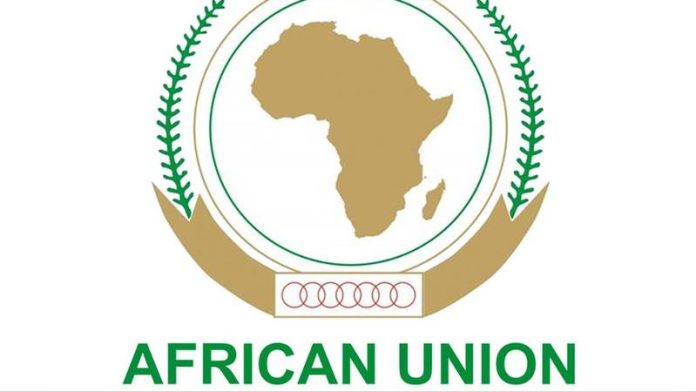The African Peer Review Mechanism (APRM) of the African Union (AU) has condemned Fitch Rating’s downgrade of the African Export-Import Bank (Afreximbank) and called for its immediate reversal, saying the rating was analytically and legally flawed.
The APRM urged Fitch to ‘re-examine its criteria and assumptions’ and to engage in direct technical consultations with Afreximbank and African stakeholders. It was this kind of ratings which has sparked growing discontent over the credibility of the ratings assigned African governments and institutions by the global rating agencies like Fitch, Moody’s, and S&P, that APRM is currently working on floating a homegrown rating agency for Africa, the African Credit Rating Agency (AfCRA).
On June 4, Fitch Ratings lowered Afreximbank’s long-term foreign currency issuer default rating from ‘BBB’ to ‘BBB-’ with a negative outlook.
It attributed the downgrade to what it described as a heightened credit risk and weak risk management policies at the bank. Central to its decision was an estimate that Afreximbank’s non-performing loans (NPLs) stood at 7.1 per cent—far above the bank’s own reported 2.44 per cent.
This higher figure is based on Fitch classifying Afreximbank’s loan exposures to Ghana (2.4 per cent), South Sudan (2.1 per cent), and Zambia (0.2 per cent) as non-performing.
APRM in a statement said Fitch’s classification of these sovereign exposures as questionable, stressing that such treatment ‘raises critical legal, institutional and analytical issues’.
“The assumption that Ghana, South Sudan and Zambia would default on their loans to Afreximbank is inconsistent with the 1993 Treaty establishing the Bank,’ the APRM noted in the statement. Both Ghana and Zambia are founding members, shareholders and signatories to the treaty.
The APRM explained that the treaty imposes binding legal obligations on member countries, including protections for the Bank’s operations and a framework rooted in intergovernmental cooperation—distinct from typical commercial lending risk.
“It is, therefore, legally incongruent to classify a loan to member countries as non-performing, especially when the borrower states are shareholders in the lender institution, no formal default has occurred and none of the sovereigns have repudiated the obligation,” the APRM stated.
The APRM also criticised Fitch’s interpretation of loan repayment discussions between Afreximbank and the three governments as an intent to default or revoke the Bank’s Preferred Creditor Status.
‘Fitch’s unilateral treatment of these sovereign exposures – as comparable to market-based commercial loans – despite their backing by treaty obligations and shareholder equity stakes, is flawed,’ the APRM declared.
The organisation called for a more ‘objective, transparent and context-intelligent’ approach to credit assessments and warned against misreading the governance structure of African financial institutions.
‘Fitch has misinterpreted the governance architecture of intra-African development finance,’ the APRM said, adding that only through consultation with African actors can global ratings fairly reflect Africa’s unique financial ecosystem.
Lead expert on credit rating agencies at the African Peer Review Mechanism (APRM), a structure under the African Union, Misheck Mutize, in a recent comment said decision to establish an Africa Credit Rating Agency was to provide fair, transparent and development-focused credit ratings that reflect the realities and potential of African economies.
AfCRA which is expected to launch in September this year will focus primarily on local-currency debt ratings, which Mutize believes will play a critical role in strengthening Africa’s domestic capital markets and reducing overreliance on foreign currency-denominated debt.


